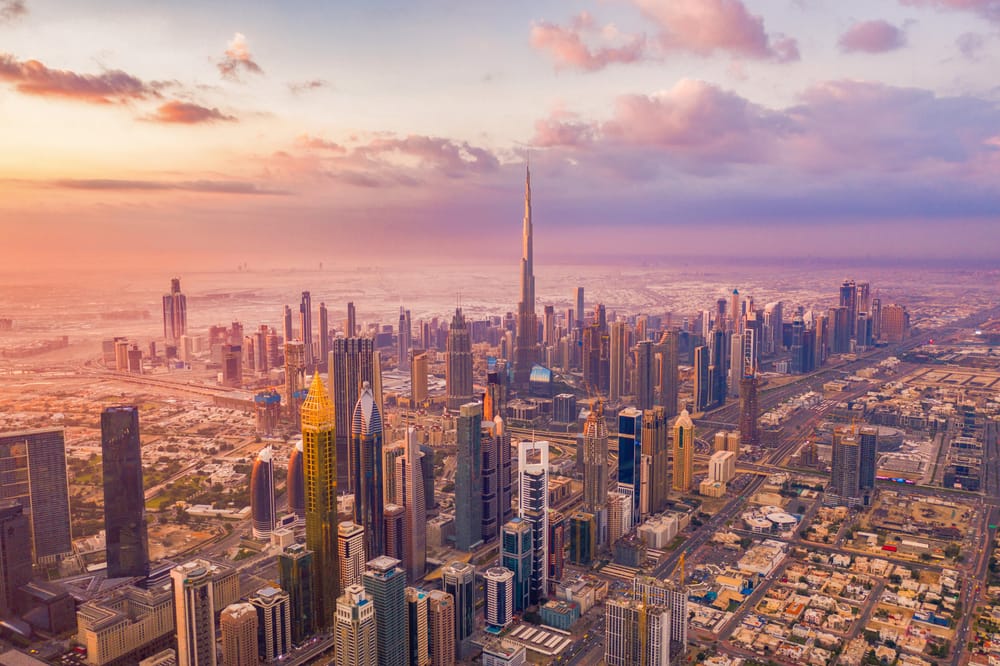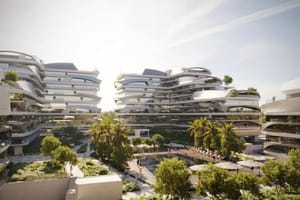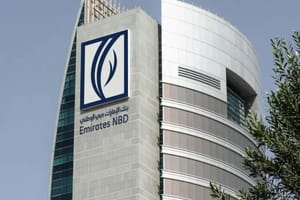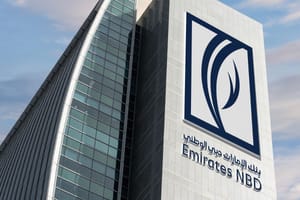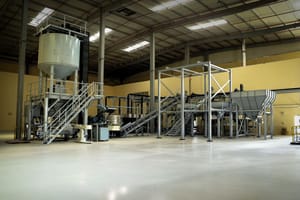In June, UAE companies saw the strongest increase in new work since March, according to S&P Global's UAE PMI report.
The S&P Global UAE PMI report for June showed that demand levels improved and new clients were acquired, with export volumes experiencing the sharpest rise since October of the previous year. Despite this, backlogs continued to grow significantly by the end of the second quarter, following a record accumulation in May due to strong demand and the impacts of the country's floods and the Red Sea crisis. Although these factors still constrained capacity, the backlog accumulation rate was the lowest in four months due to faster raw material supply. Overall growth in the UAE's non-oil private sector slowed in mid-2024, with the PMI dropping to 54.6 in June from 55.3 in May, marking its lowest level in 16 months while still remaining above the neutral 50.0 mark.
"Despite a continued solid performance in the sector, competitive pressures, weaker job creation, and slower output growth resulted in the softest upturn recorded since February 2023,"
stated S&P Global Ratings.
The ongoing impacts of April's floods and supply-chain disruptions from the Red Sea crisis were evident in June, leading to another significant rise in outstanding work. Additionally, companies faced a sharp increase in input costs, resulting in the quickest rise in average prices since April 2018.
The slowing PMI trend broadly reflected a softening of output growth in the non-oil private sector. Although business activity increased markedly, with over a quarter of companies reporting higher output, the expansion rate was the slowest since early 2023. Competitive pressures were frequently cited as a limiting factor.
David Owen, Senior Economist at S&P Global Market Intelligence, commented,
"The UAE PMI highlights a slowing growth trend in the non-oil sector throughout 2024, with the headline index losing approximately three points since December. Nevertheless, companies continue to enjoy strong customer demand and robust sales pipelines, sustaining output expectations and driving purchasing activity.
The recent surge in backlogs of work is showing signs of easing, a trend likely to continue as the country recovers from April's floods and supply chains adapt to the Red Sea situation. Supplier lead times improved at the strongest rate in eight months, benefiting businesses.
With increasing competition in some sectors, firms are keen to maintain their competitive edge. The latest uptick in prices indicates that businesses are feeling the pressure on their margins and need to protect them."
In June, non-oil companies in the UAE faced the highest input cost inflation in nearly two years, driven by increased material costs, shipping fees, and overheads. Wages grew slightly, but firms struggled to absorb these costs, leading to a rise in selling prices for the second consecutive month. Despite the challenges, businesses remained optimistic about future activity, with strong demand driving increased input purchases and faster inventory expansion. Employment numbers also rose, although at the slowest rate in five months, due to efforts to control cost burdens.
Dubai PMI
The Dubai PMI showed a moderating growth trend in the non-oil private sector, with the index dropping to 54.3 in June, the lowest since February 2023. While new order growth accelerated, activity levels increased at the slowest rate in nearly three years due to high market competition. Input price inflation reached its highest in almost two years, leading firms to raise output charges for the second consecutive month. Positively, supplier performance improved, job levels increased, and confidence rose.
News Source: Khaleej Times
